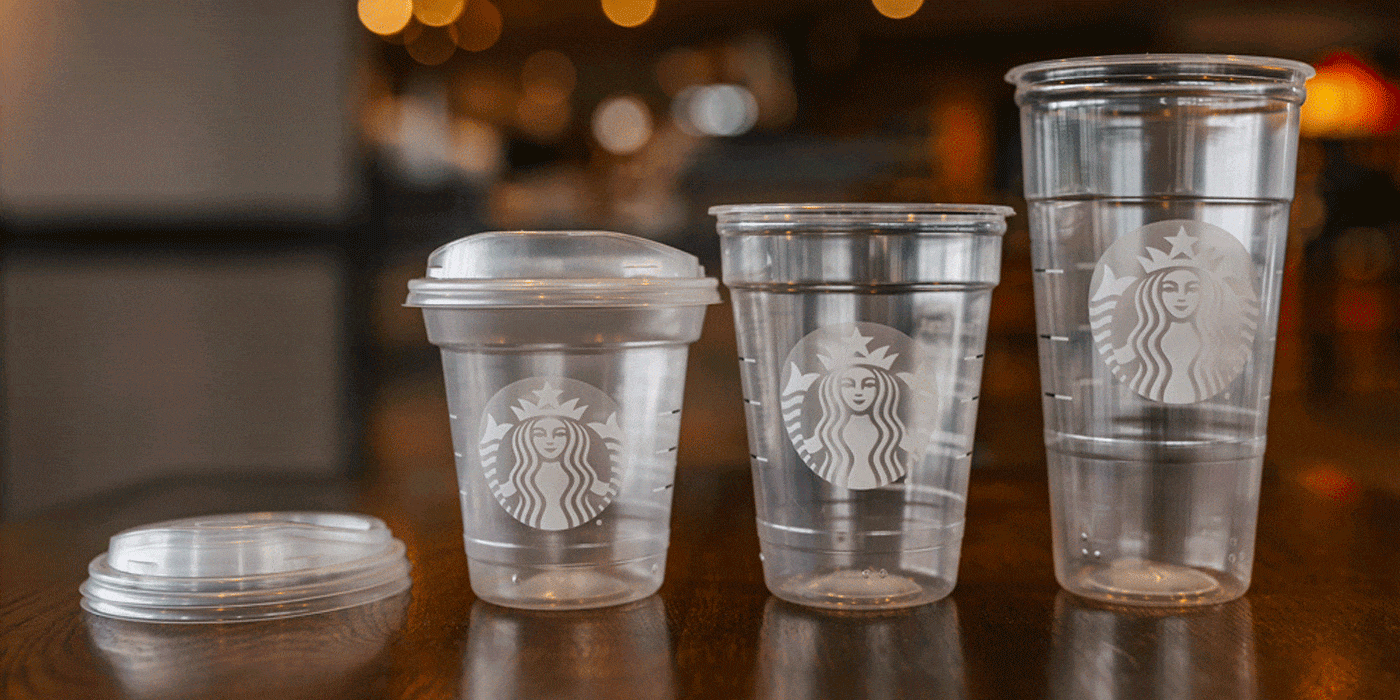
What are they?
It is likely that you have heard the term cookies many times, but your brain cannot help associating them with anything other than your favourite childhood snack. In the online world, cookies are basically text files that store a small amount of data, things like your username and password.
The three intended uses for cookies:
- Session Management – Cookies let websites identify their users and remember each of their login information and preferences, for example, political leanings or preferred sports teams.
- Personalisation – Customised advertising is the central concept behind how cookies personalize your interactions. If you view specific items or focus more on specific parts of a site, then cookies use this information to build targeted advertising that you are likely to enjoy.
- Tracking – Shopping sites track items when users view them, allowing them to suggest other similar items while keeping items in the cart while the users continue shopping.
First-party cookies are directly created by the website you use, these are generally safer, assuming the website is reputable. Third-party cookies are generated by websites other than the one you are using, due to advertising links. These cookies allow companies to track every individual’s browsing history across every website that contains their ads. This means that advertisers would know that a user first searched for running shoes at a particular physical store, as well as which online store this user would use first, all of which is considered immensely helpful information for forming targeted ads.
While it seemed that Firefox, Safari and Chrome were all planning to stop allowing the use of third-party cookies in 2022, Chrome has recently shifted their initial time frame from early 2022 to late 2023. The paradigm shift away from third-party cookies is still occurring due to the worldwide digital privacy movement. Chrome may benefit from being the sole browser that allows them for a year, although the value of third-party cookies, in general, is debatable, especially as fewer platforms are allowing them.
How price-efficient are they?
A 2018 analysis from the Incorporated Society of British Advertisers (ISBA) found that adtech middlemen (they connect brands buying ads to publishers selling ad space) absorbed roughly half the revenue from programmatic advertising. This study reconfirmed the findings from the World Federation of Advertisers and the US Association of National Advertisers. The opacity of the digital advertising industry led to agencies being unable to fully audit their spending when asked to do so by the ISBA. The industry’s group analysis revealed that 15 per cent of advertising spending completely disappeared, with nobody who could account for this large gap in spending.
Who might win?
Facebook is likely to benefit the most from a cookieless world, as they have never been known to shy away from collecting user data. This positions them perfectly to serve as a ‘Digital Identity’ source, where they can act as a data bank, essentially allowing agencies to continue using cookies without using that specific term.
A study by Google showed an average revenue drop of 52 per cent for the top 500 publishers. Their solution to this problem seems to be FLoCs, which they claim have 95 per cent effectiveness compared to our current cookie system. FLoCs basically work by grouping you with other people that it believes might have the same interests as you. This is still based on your browsing history but instead of sending it to third parties through cookies, the browser looks at your history and decides what you may be interested in. You are then added to what Google calls a cohort, which will change every week, along with thousands of other people. If this FLoC system is truly as effective as Google claims, then Chrome will be at the heart of all advertising revenue, however, it is important to note that advertisers hold deep reservations about their claims.
Who might lose?
According to a Harris Poll survey, 63 per cent of consumers expect personalization as a “standard of service” and also expect to have the choice to be tracked or not, to get a personalized experience or not and to see ads or not. While consumers will certainly benefit in the short term, the long term lack of advertising revenue may force some sites to charge for previously free experiences.
Agencies are currently heavily reliant upon cookies for content creation, if they do not change their creative process, they are likely to suffer huge losses. However, many advertisers have already begun to focus upon interpersonal connection, while this method can take more time and effort, the rewards of a deeply connected consumer base are immeasurable.
Which kind of content will assume the throne?
If these third-party cookie changes aren’t worked around by Facebook or Google, then agencies will have to adopt a different model. One which focuses upon high-quality content, focusing upon human connection, rather than automated campaigns, where content will once again be King. Most advertisements are not considered high-quality content. Advertisements that are insightful, informative and entertaining are extremely appreciated by consumers. A study from New Time Inc. States that 90 per cent of consumers enjoy custom content from brands, Gen Z is particularly preferential to this form of advertising, making it the content of the future. The way forward from a cookieless world seems to be to invest heavily in high-quality content, as mentioned by Stephan Pretorius, CTO at WPP, the world’s biggest advertising agency. “I’m not particularly sad about the demise of third-party cookies because they were never really that accurate, never really that useful, and in fact, I think this whole thing has helped us all to rethink what data matters”.









